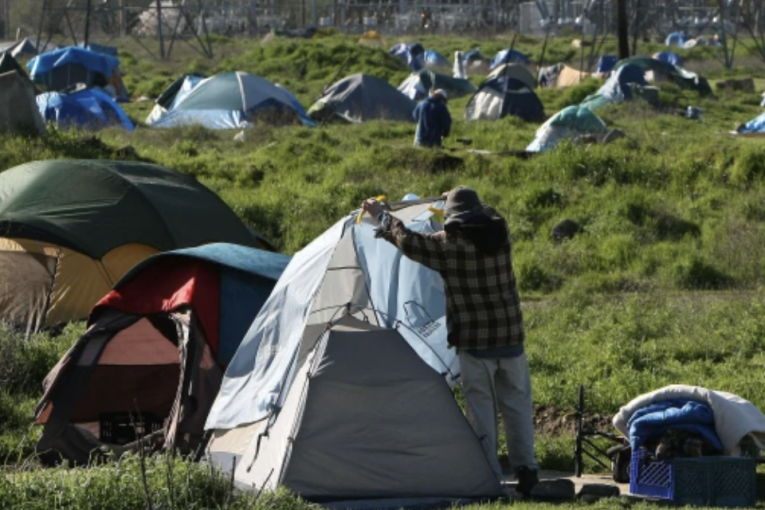

By Holly Werris
TUCSON, AZ – A new survey of Tucson residents reveals people consider homelessness one of the most pressing issues facing their communities, according to the Tucson Agenda.
Reimaging Community Safety Survey, conducted by Just Communities Arizona (JCA), took responses from all six wards to find answers to the question of creating community safety. The survey, conducted by Executive Researcher Rebecca Fealk, took place over nine months.
Across the more than 1,200 responses 21 percent of respondents listed homelessness as a primary community concern, regardless of demographic background. Affordable housing was considered one of the best options when it came to creating greater community safety, with more than 51 percent of people selecting it.
“Our research shows Tucsonans want local leaders to prioritize basic needs and equity if they want to create safer communities,” said JCA Executive Director Caroline Isaacs. “If you don’t have a roof over your head, enough food to eat, or health care, then you aren’t safe.”
Inequality was the second leading concern, reflecting a growing awareness of inequality in Tucson. Meanwhile, “public safety” as related to policing was hardly a concern. Only four responses listed public safety as a top concern, and only four percent of respondents wanted more police in their neighborhoods.
“The takeaway is that folks have a holistic view of what constitutes safety,” said Isaacs to the Tucson Agenda. “A lot of elected officials have maybe been around for the tough-on-crime wave and we are past that, by and large.”
Thirty-eight percent of people in Tucson have been directly impacted by the carceral system through either their or a loved one or family member’s arrest or conviction.
The survey contained five questions about the ability of law enforcement and the courts to address substance abuse, mental health, and race. Responses to all five of these questions showed that the majority Tucson residents have little to no confidence in policing and the carceral system.
“People are ready for a holistic approach that addresses the root causes of social problems, like substance misuse, mental illnesses, and unequal access to basic resources,” Issacs said.
Instead, respondents supported alternatives to the carceral system. Forty-four percent of respondents wanted community-centered alternatives, while 39 percent prioritized more accessible mental health services, according to the Tucson Agenda.